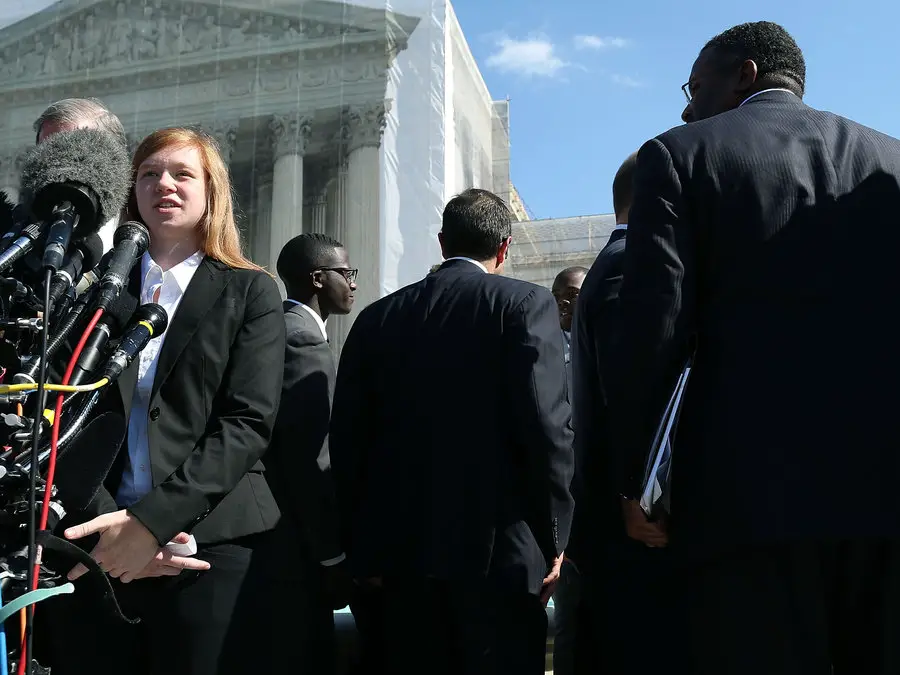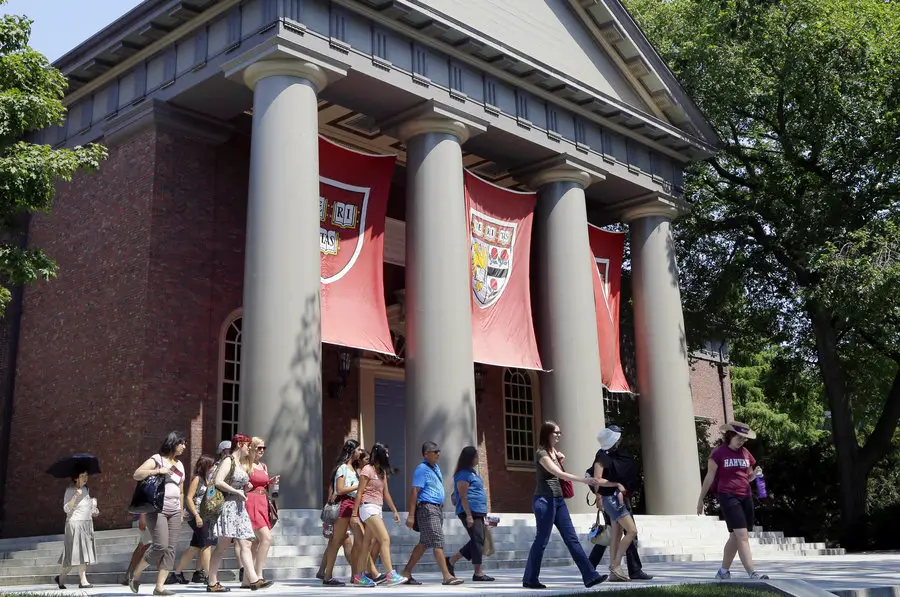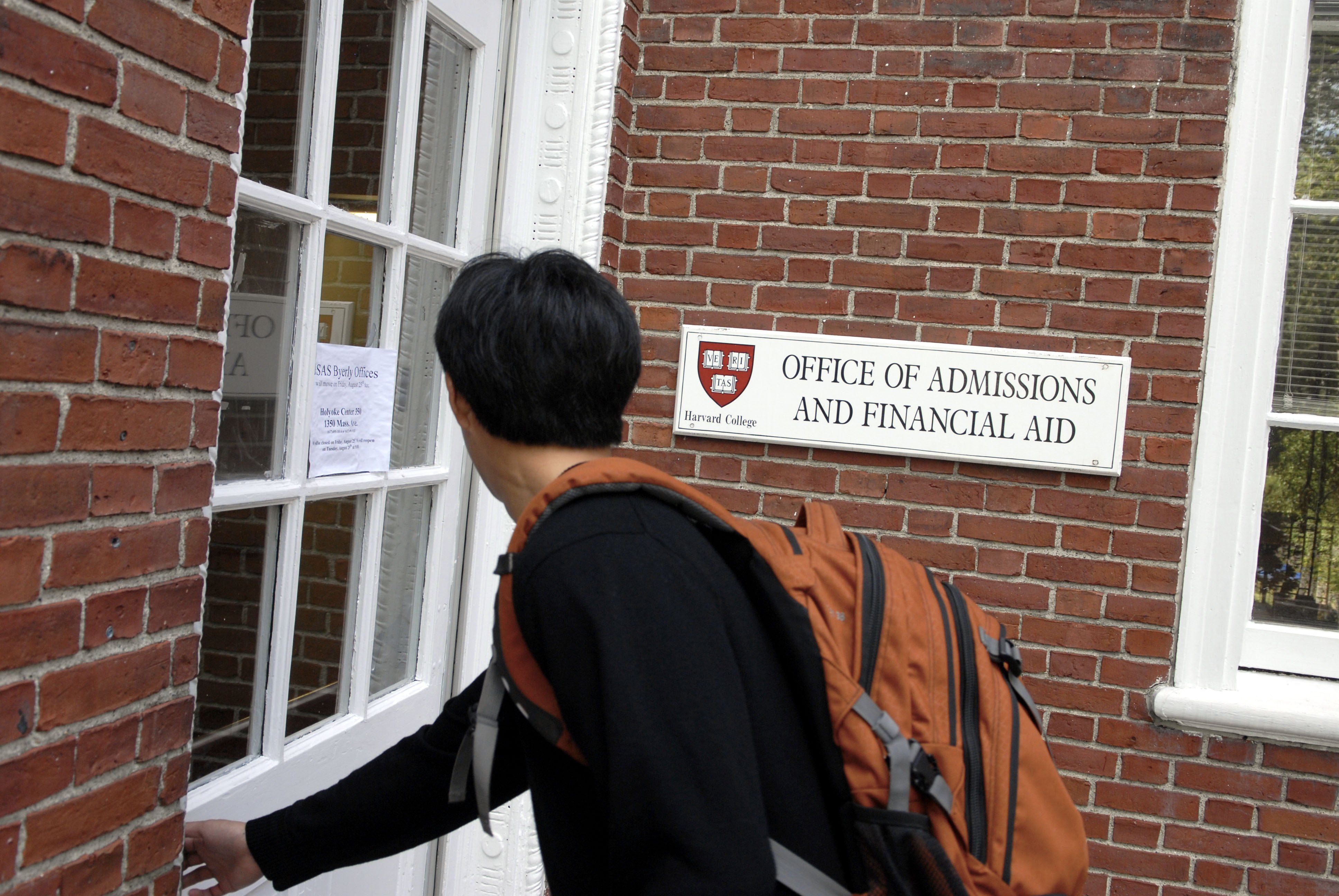In 2014, a group of Asian Americans filed a lawsuit against Harvard, claiming the university discriminated against their racial identities during the application process.
A college counselor at Hunter College High School mentioned feedback from a Harvard admissions officer, commenting that “so many” of them “looked like each other,” according to the New Yorker.
The lawsuit alleges that Harvard has a specific quota on how many Asian-American students they accept, and that there are higher expectations for Asian Americans than there are white students.
A 2009 Princeton study demonstrated that Asian-American students had to score 140 points higher than their white counterparts on the SAT in order to have an equal opportunity for admission.
Last year, the Supreme Court upheld the affirmative action policy held by University of Texas at Austin.
Edward Blum, a white, Jewish advocate, as well as the leader of Students for Fair Admissions, financed the UT Austin trial and currently provides financial support for the current case awaiting the Supreme Court.

It is important to note that Harvard has a history of excluding students from admission at their university. Last century, prospective Jewish students dealt with similar language when they attempted to apply.
According to Jeannie Suk Gersen, who is an Asian-American Harvard professor and the author of the New Yorker article mentioned, wrote, “The complaint against Harvard highlights the school’s history of using similar language to describe Jewish students nearly a century ago, which led to a ‘diversity’ rationale designed to limit Jewish enrollment in favor of applicants from regions with fewer Jews, such as the Midwest.”
Yesterday, there was an update regarding the next steps of the case.
The plaintiffs affirm that there is enough compulsory evidence to skip the trial and request the judge rule in support of their argument, and that the people who donate to Harvard have a right/option to view the information used in the case.

On the other hand, Harvard asserts that even if the judge decides the case without a trial, they have precedent on what evidence to examine within the trial. They believe that only the evidence the judge examines in regard to the case should be disclosed to the public.
Harvard University spokeswoman Rachael Dane gave a statement to the New York Times, saying, “Harvard College does not discriminate against applicants from any group in its admissions processes. We will continue to vigorously defend the right of Harvard, and other universities, to seek the educational benefits that come from a class that is diverse on multiple dimensions,” but refused to comment on the details of the pending litigation.

















